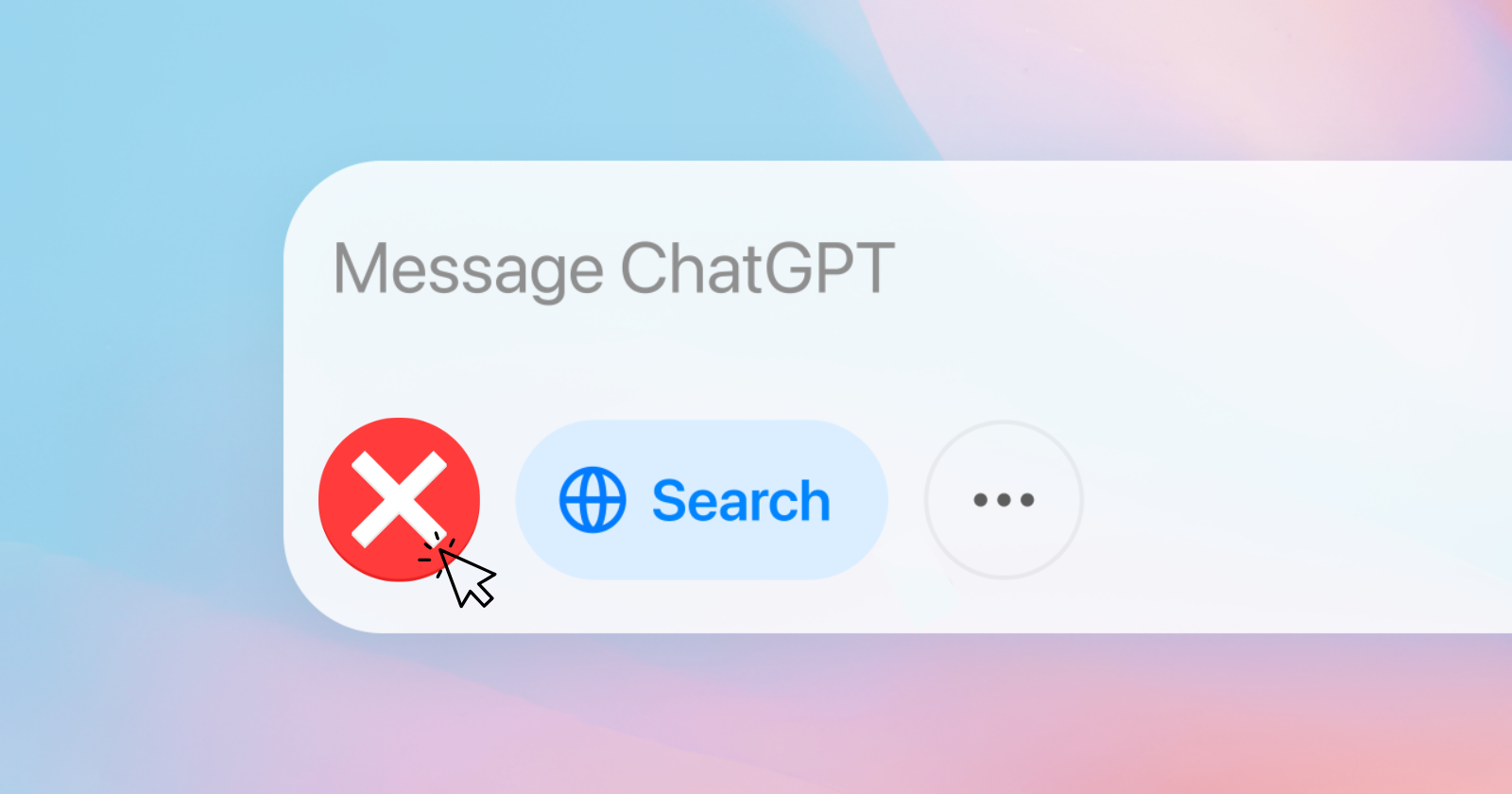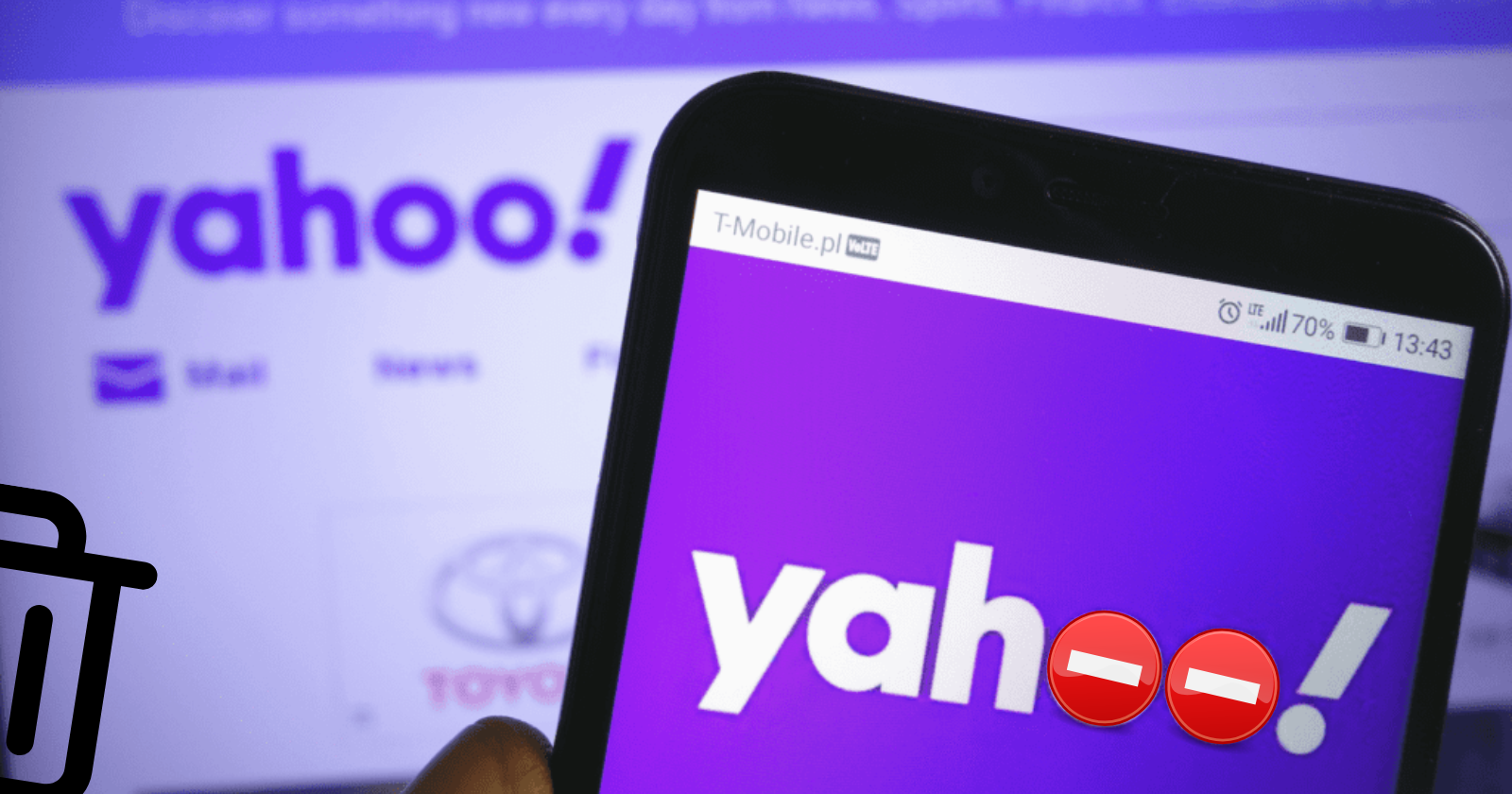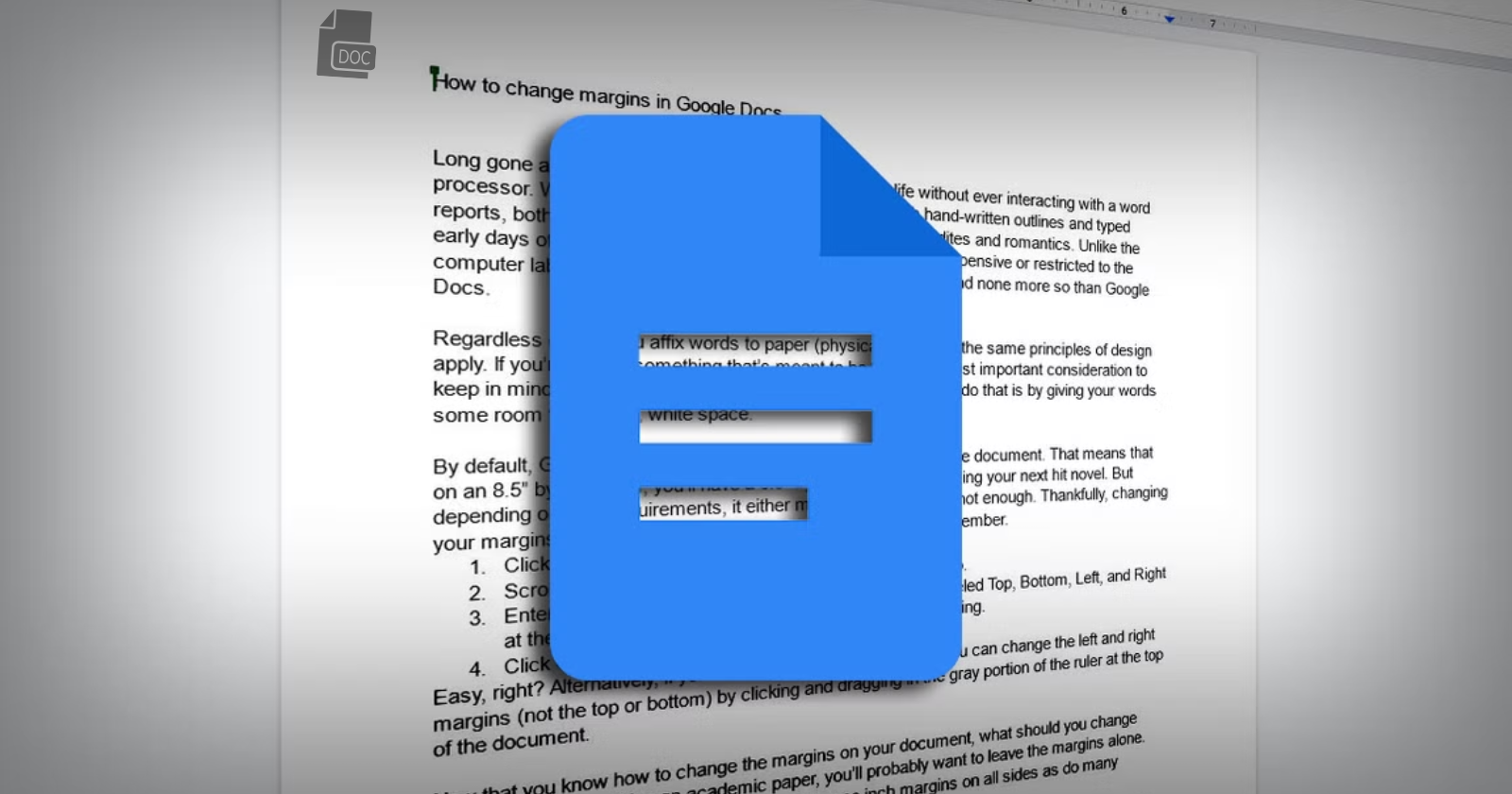In the digital age, having an online presence is crucial for any business. But did you know that for small businesses, focusing on Local SEO can be the key to success? Local SEO ensures that your business ranks high in local search results when customers look for products or services nearby. Imagine someone in your city searching for a plumber near me or best pizza in town — local SEO helps you show up when it matters most. Whether you’re running a brick-and-mortar store or offering services within a particular geographic location, local SEO can drive relevant traffic to your website and help you stand out in a competitive market.
What is Local SEO?
Local SEO refers to the process of optimizing your online presence to attract more business from relevant local searches. It involves strategies to ensure that your business appears in search results when people are looking for products or services in a specific location. For example, if you’re a restaurant, you want to make sure that your business shows up when someone searches for “best Italian restaurants near me” or “Italian food in [city name]”.
Local SEO primarily focuses on Google Search and Google Maps, where local businesses have the potential to appear in the “local pack” — the list of businesses that show up at the top of search results when someone conducts a location-based search. Optimizing for local search not only helps improve your online visibility but also brings you closer to your target audience.
Why is Local SEO Important?
The importance of Local SEO cannot be stressed enough. Here’s why local SEO is a game-changer for businesses:
- Increased Visibility: Local SEO ensures that your business shows up in search results when someone searches for products or services in your geographic area. By being listed in local search results and Google’s Local Pack, you gain increased visibility to potential customers who are actively seeking what you offer.
- Targeted Traffic: Local SEO helps you attract more relevant traffic by focusing on people who are in your area. These people are more likely to convert into paying customers because they’re looking for businesses nearby that can serve their needs. For example, a person searching for a “plumber in Chicago” is much more likely to hire you if you’re based in Chicago and show up in search results.
- Improved Trust and Credibility: Local SEO strategies include obtaining positive reviews and ratings from customers. High-quality reviews can improve your business’s reputation and help customers trust you. Studies show that businesses with positive reviews are more likely to be chosen over competitors with little to no reviews.
- Cost-Effective Marketing: Compared to traditional advertising methods, local SEO is often far more cost-effective. Once you optimize your website and online presence, the ongoing costs of local SEO are relatively low compared to running ads in newspapers, magazines, or billboards. It’s a long-term investment that pays off over time by helping you attract organic (free) traffic.
- Increased Foot Traffic: If you have a physical store, local SEO can drive more foot traffic to your location. When your business shows up in local search results, people are more likely to visit your store or contact you to learn more about your products or services.
Key Factors for Ranking in Local SEO
To improve your rankings in local search results, you must pay attention to several key ranking factors. Here are the most important ones to focus on:
- Google My Business (GMB): This is one of the most crucial elements of local SEO. Google My Business allows you to claim your business profile on Google, which directly impacts your local search rankings. Make sure your GMB profile is fully filled out with correct information, such as your business name, address, phone number (NAP), website, hours of operation, and business categories. Don’t forget to regularly update your profile with new information, photos, and posts.
- NAP Consistency: NAP stands for Name, Address, and Phone Number. These details should be consistent across all online platforms where your business is listed. Inconsistent NAP information can confuse search engines and affect your rankings. Ensure that your NAP is the same on your website, GMB profile, and all third-party directories.
- Local Reviews and Ratings: Google takes reviews very seriously when it comes to local search rankings. Positive reviews can significantly improve your visibility, while negative reviews can hurt your ranking. Encourage your customers to leave reviews on Google and other platforms like Yelp. Make sure you respond to reviews, whether positive or negative, to show that you value customer feedback.
- Local Backlinks: Backlinks from other reputable websites are important for all forms of SEO, but for local SEO, backlinks from local websites (such as local news sites, blogs, or business directories) are even more valuable. These backlinks help signal to search engines that your business is relevant to the local community, which can boost your rankings in local searches.
- Mobile Optimization: Since most local searches are conducted on mobile devices, your website must be mobile-friendly. A responsive website that adjusts to different screen sizes ensures that your site is accessible and easy to navigate for users on smartphones and tablets. Google also considers mobile optimization as a ranking factor, so it’s crucial to have a mobile-friendly site for local SEO success.
- Local Keywords: To rank well in local search results, you need to optimize your website for location-based keywords. For example, if you own a bakery in San Francisco, use keywords like “best bakery in San Francisco” or “fresh bread in San Francisco.” Including location-based keywords in your content, meta descriptions, titles, and URLs will help Google understand that your business is relevant to specific areas.
- Structured Data Markup: Structured data, or schema markup, is a type of code that you add to your website to help search engines understand your business better. By implementing schema markup, you can help search engines display important business details like your location, phone number, and hours directly in search results, which increases visibility.
How to Optimize Your Website for Local SEO
To make sure you’re leveraging all the local SEO strategies available, here are a few practical steps you can take:
- Claim and Complete Your Google My Business Profile: This is the first step toward local SEO success. Make sure all the details are accurate and updated. Add high-quality images of your business, include a detailed business description, and make sure your contact information is consistent with other online listings.
- Focus on On-Page SEO: On-page optimization for local SEO includes using location-specific keywords on your website, ensuring your NAP information is visible (like in the footer of your website), and making sure you’re using descriptive headings and meta tags.
- Create Local Content: Local content is one of the most effective ways to boost your local SEO. This could include blog posts about local events, news, or partnerships with other local businesses. Write about topics relevant to your community and audience. This not only helps with local SEO but also builds your reputation as a community-oriented business.
- Get Local Backlinks: Reach out to local organizations, business partners, and local media outlets to build backlinks. Whether it’s through partnerships, sponsorships, or guest blogging, local backlinks will help strengthen your website’s authority and improve local rankings.
- Encourage Customer Reviews: Actively ask satisfied customers to leave reviews on your Google My Business profile and other relevant platforms. Respond to these reviews in a timely and professional manner to show that you value customer feedback. Consistent positive reviews will build your credibility in the local community.
- Ensure Your Website is Mobile-Friendly: Test your website on mobile devices to ensure it loads quickly and is easy to navigate. A slow, hard-to-navigate mobile site will hurt your local SEO efforts, as Google prioritizes mobile-friendly sites.
- Use Social Media to Boost Local SEO: Social media is a great way to engage with your local community. Share local news, events, and promotions to connect with your audience and build local awareness. Social signals also indirectly affect local SEO.
Conclusion
Local SEO is essential for small businesses that want to attract customers from their local area. By focusing on key elements such as Google My Business, NAP consistency, local reviews, and local backlinks, you can significantly improve your business’s visibility and increase your chances of ranking in local search results. Additionally, optimizing your website for local keywords, creating localized content, and ensuring mobile optimization can further enhance your local SEO efforts.
In today’s competitive digital landscape, businesses that invest in local SEO will gain a significant advantage over those who ignore it. So, take action today, and start optimizing your website for local search to help your business grow!
FAQs:
- How long does it take to see results from local SEO?
- Typically, it takes around 1-3 months to see significant improvements in local rankings. However, it can vary based on competition and how effectively the SEO strategies are implemented.
- Is Local SEO only for businesses with physical locations?
- Not necessarily. If your business serves a specific geographic area or targets local customers, local SEO can help increase your visibility, even if you’re primarily an online business.
- Can Local SEO be used for international businesses?
- Yes, if your international business has a local presence in certain countries or cities, you can still benefit from local SEO by optimizing for each specific location.







